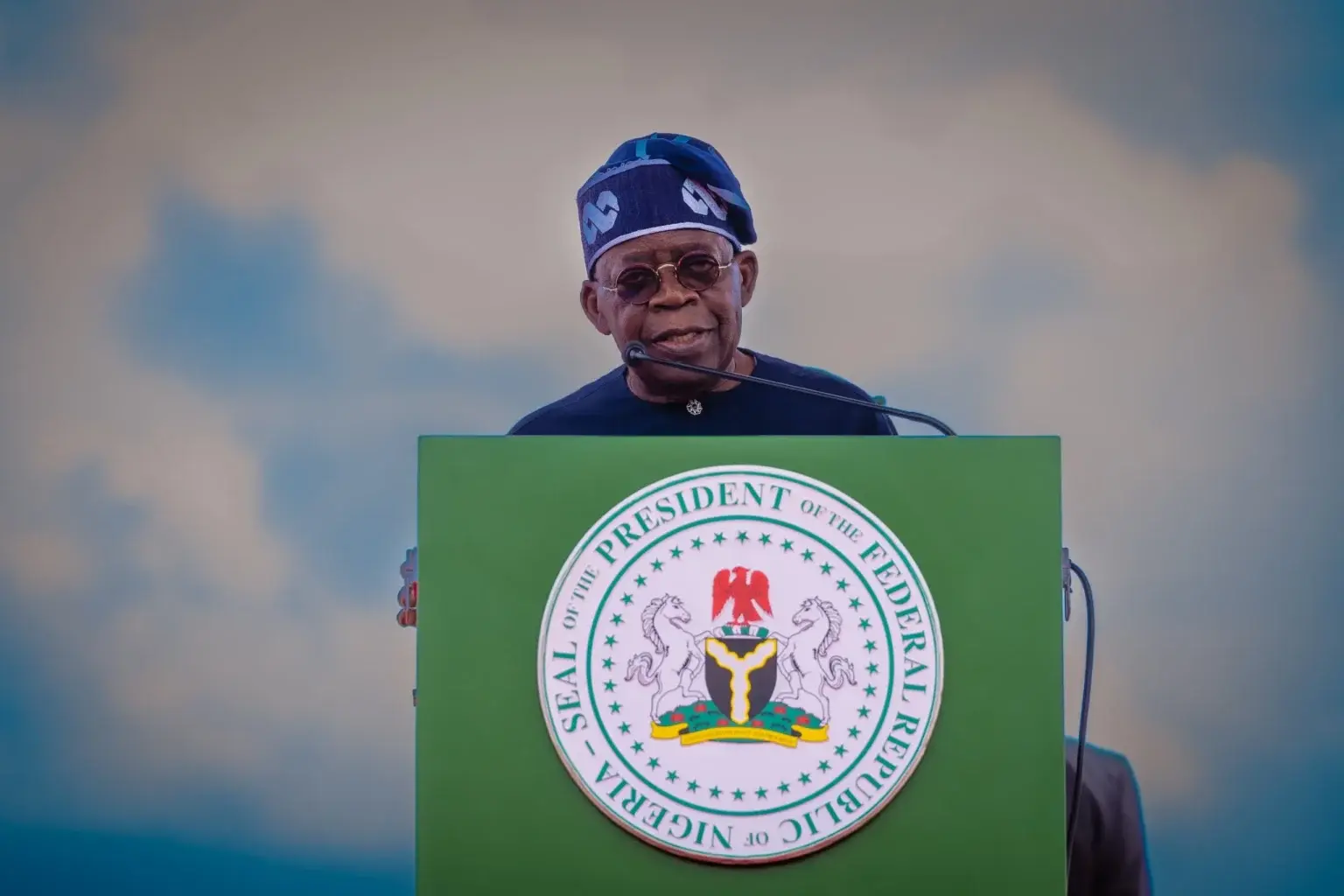The current economy of Nigeria under President Bola Tinubu has been manifesting in different outcomes to different Nigerian households or social groups and classes. Often, the Economists use the middle-class or middle income to measure the performance of an economy. Or simply gauging the living standard of the middle class. Variously referred to as socio-economic category, the middle class is esteemed group of people virtue of their occupation, social status, income derived from their education. So, the middle class though not wealthy is permitted to live fairly comfortably. However, this is determined by the performance of the economy of a country. For some reason, the middle class in Nigeria does not come near description.
It is against this backdrop that Hussaini Kafi in Kano, in this special report analyses the impact of the economic reforms by President Tinubu on the middle class, concluding that financial strains occasioned by the reforms have either been forced the class out of existence or grinding daily for survival.
Tinubu’s Economic Reforms
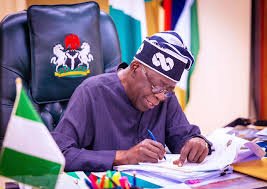
President Bola Ahmed Tinubu’s ambitious economic reforms, designed to stimulate long-term growth, are leaving Nigeria’s middle class in tatters. The removal of fuel subsidies and a sweeping currency float have led to an unprecedented rise in the cost of living, driving millions of middle-class Nigerians into poverty.
The reforms, while lauded internationally, have had devastating ripple effects domestically, especially on the middle class—an essential pillar of economic stability. With inflation soaring to 32.7%, the highest in decades, the cost of basic goods and services has spiraled out of reach for many. Economists warn that this hollowing-out of the middle class could exacerbate Nigeria’s economic divide, plunging the nation into deeper poverty and social unrest.
Fuel Prices Tripled
For many office workers, getting to work on time has become a near-impossible feat. Fuel prices have tripled since the subsidy removal, making commuting unaffordable for many who once relied on private vehicles. In Abuja, desperation has forced several car owners to turn their vehicles into informal public transport services to make ends meet. However, this has not mitigated the broader transportation crisis.
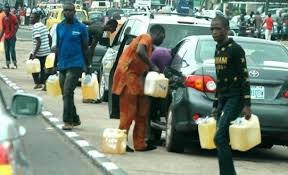
Workers like 35-year-old Kabiru Adamu, a civil servant in Abuja, describe the struggle of rising at 6 a.m. to catch overcrowded buses. “My salary hasn’t changed much, but transportation costs have tripled. I’m often late to work because I can’t afford the fuel to drive or the high fares of commercial vehicles,” he lamented, and utilities has risen exponentially, pushing many middle-class families into poverty.
While the Tinubu administration has proposed a minimum wage hike to N75,000, it falls woefully short of covering the basic needs of an average Nigerian worker. Inflation, which currently hovers around 25%, has rendered the wage increase almost meaningless. The cost of food, housing.
Salary Raise Woefully Insufficient
Despite recent salary increments announced by the government, many workers feel the raise is woefully insufficient. The increment pales in comparison to the skyrocketing prices of food, rent, and other essential commodities.
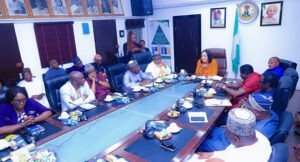
A secondary school teacher in Kano, Habibu Abba Yargaya, shared his frustration: “The extra N25,000 doesn’t even cover the difference in my monthly food expenses. What kind of relief is this? It’s a joke.
“I reside in Unguwa Uku quarters, approximately 20 kilometres away from Dawakin Kudu, the town where I teach.
“My transportation costs have skyrocketed from N500 to over N1000, significantly depleting my limited savings. My N30,000 monthly salary is insufficient to meet my needs. I had to find another means of income to bridge the gap, it’s not easy at all,” he decried.
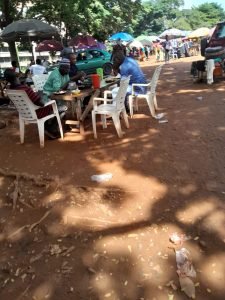
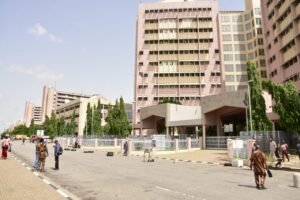
Some state governors have out-rightly rejected the federal government’s push for a new minimum wage, citing insufficient state revenues. This rejection has further widened the disparity in living standards across the country, leaving many public sector employees in financial limbo.
Access to life-saving medicines has also become nearly impossible
Access to life-saving medicines has also become nearly impossible for many middle-class families, forcing some to resort to herbal remedies or unproven alternatives.
Fifty-six-year-old Zainab, a widow who lost her husband in a heart attack in December’s last year (2023) accountant diagnosed with prostate cancer, shared her plight: “My husband used to afford my medications, but now, I have to choose between eating and buying drugs. My children try to help, but they have their own families to feed. “I’m now forcibly embraced the use of herbal medicines.”
A prominent media guru, Mustapha Buhari, has called for an urgent policy review to ease the economic hardship. “There’s a limit to what people can handle,” Buhari remarked during an interview with AHR correspondent. “How can you tell people to be patient with poverty while government officials live in luxury, with fleets of cars and mansions?”
The disparity between the elite and the suffering majority has fueled growing resentment. Without immediate intervention, the middle-class collapse could undermine social cohesion and economic stability.
Consequences
As President Tinubu’s administration faces mounting pressure to address these issues, economists like Chioma Okeke warn of long-term consequences. “A shrinking middle class disrupts the economic balance, polarizing society into extreme wealth and poverty. This is not sustainable for development,” she stated.
For now, many Nigerians are left grappling with the daily grind of survival. Without targeted reforms to cushion the middle class, the nation risks deeper socio-economic fractures, leaving its dream of prosperity even farther out of reach.

